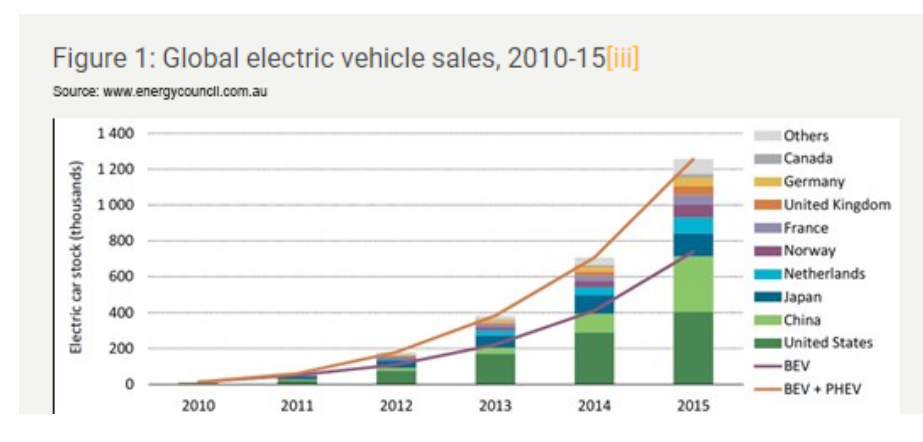Our devices, our internet usage and our shopping habits – all provide data to organisations who use it to understand how best to refine and improve their service offerings.
The parking industry is not immune. With a plethora of articles and research considering the future of parking, the industry is poised for adaptation …without knowing exactly what that change looks like.
Trends that are widely tipped to influence the need for parking include a generational change in the attitude to, and demand for, cars; driverless vehicles; the sharing economy; environmental concerns; and an increasing bike culture.
How then can the parking industry prepare for and leverage these trends that are shaping the future of parking? The answer is data. Using the data available from parking guidance systems to understand utilisation trends over time and optimise the management of parking assets means owners use relevant information to inform their current operations and have the tools to be more agile when it comes to future change.
Just like hotels and airlines, the parking industry relies on selling its bays as many times as possible for the best price, and an empty bay represents lost revenue. In the short term, using data to understand things like peak periods, seasonal cycles, customer types (casual, long term etc) and overstays means operations can be streamlined to optimise utilisation of the asset and maximise revenue .
Many asset owners already use parking guidance technology to enhance their service and customer experience. As this case study shows, Dee Why RSL use their PGS technology to allocate specific parking bays to local business according to time of day.
Adapting usage within parking assets is not uncommon where residential and commercial buildings share common space. The trick is to manage it effectively for the benefit of all users – and having access to real-time data is an essential enabler.
In the long term, as this article suggests, there is an increasing need to review parking policy to ensure it is efficient and equitable. Concepts such as market-based, adaptive pricing for on- and off-street parking; bay rental and transference of ownership are all possibilities for the future of parking as a service offering.
Studies already occur using statistics and algorithms to predict and optimise parking outcomes, cementing the idea that data has a large role to play in the future of parking. Those who don’t consider their capacity to collect and effectively use the information at their disposal, do so at the risk of future responsiveness to a changing business landscape.




